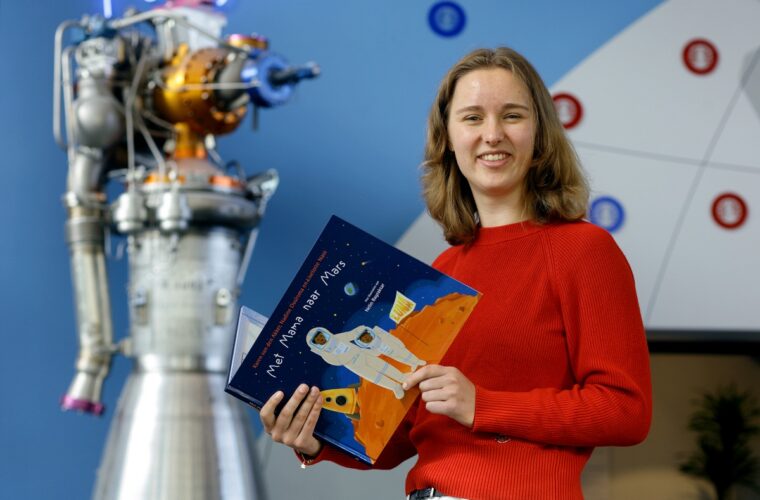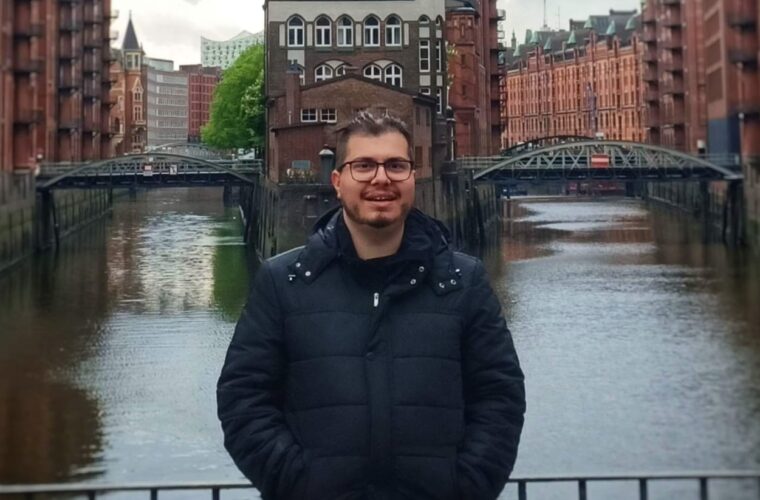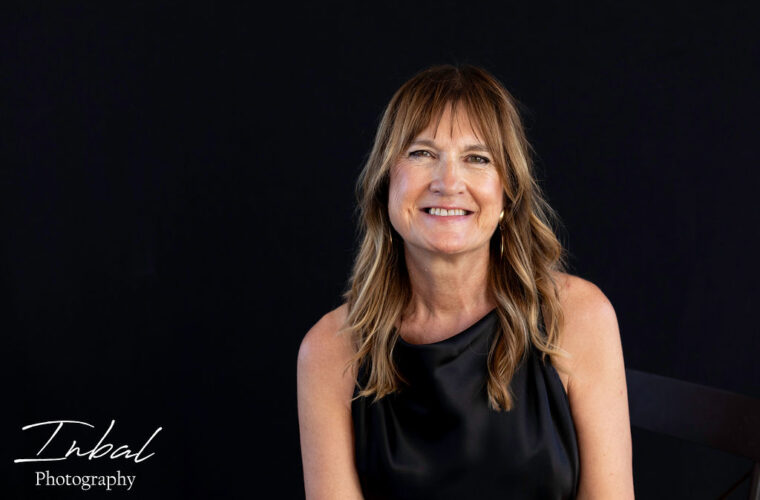Place of residence: Faenza, Italy
Position: CEO and Founder Thinkable SRL
Please describe a day in your life
I wake up early in the morning because I love the quiet moment when everyone is still asleep, which I can dedicate to myself and my cats. Coffee is my favourite time: I allow myself ten minutes of relaxation where I can think about myself and recharge my batteries without thinking about work. I am passionate about CrossFit and go to the gym 3-4 times weekly at 6.30 am. This activity has revitalised me, and I need to start my day this way, especially since I started my business and became CEO of Thinkable. Everything falls on my shoulders and mental and physical stability is essential. I also pay a lot of attention to my diet, my training and my psychotherapy.
My days are always different and I am often on the road: I visit clients, attend events and also have my home office. I spend most of my days on the phone and they are always dynamic and positive as I often meet with many entrepreneurs. Also, I get a lot of contacts on LinkedIn from companies who want to meet me, exchange ideas and discuss business. I work on the business goals and dynamics of Thinkable, so I am always immersed in training, information and stimulation.
At the end of the day, to maintain a healthy balance, I try to go to bed early. It’s another time that I dedicate to myself and listen to a lot of podcasts: it’s an opportunity to tap into different resources, such as the stories of entrepreneurs or content that allows us to find out how start-ups are born and to delve into many aspects that represent moments of reflection for me. I also need fun moments, so I cultivate my friendships a lot. At least 2-3 times a week, I see different people with whom I spend leisurely chatting, often without talking about work, just to take my mind off things.
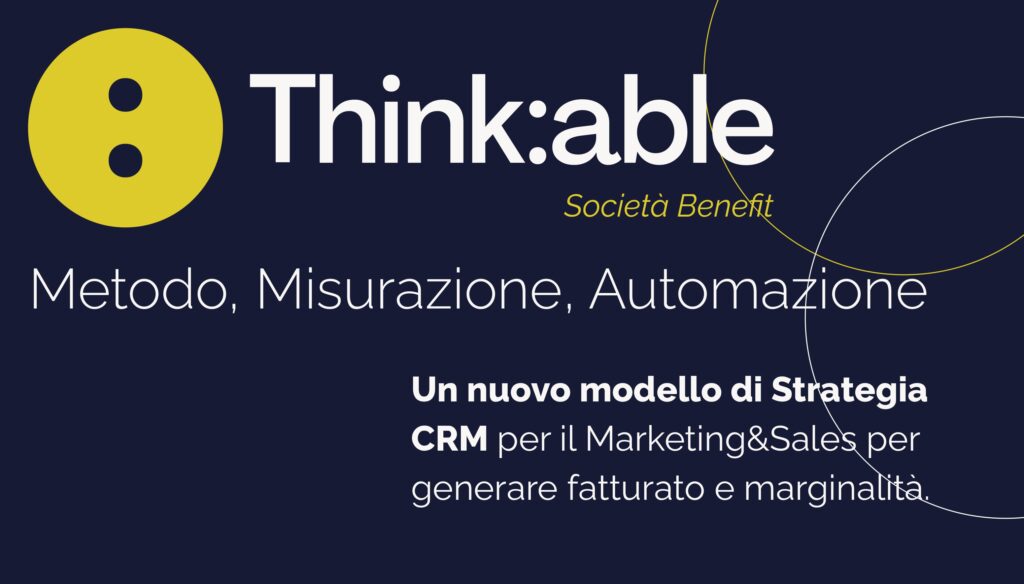
How many projects are you currently working on? Please describe them
My main project is undoubtedly Thinkable. Although it is a young company, it results from many years of experience in CRM marketing. Currently, my main goal is to launch the company full-time. I am positioning the brand, creating marketing activities and setting up the entire sales department. It is a commitment that requires all my energy. At the same time, I have a project that has been temporarily interrupted. It started last year after the floods in Emilia-Romagna: it is checosatiserve. It is a project that I intend to resume and in which I intend to reinvest. I have opened a bank account dedicated to this voluntary association because I want to revive it and make an impact at the national level, based on the concept of “what you need”, to be close to those in need.
I am also working on two parallel fronts. On the one hand, I am developing an app for marketing activities linked to the work of Thinkable, which aims to support marketing managers in drawing up a marketing plan geared towards economic results. On the other hand, I am planning a training course to offer the market, also in Thinkable, a training structure that combines classroom and digital modes with a very specific focus. Finally, I have a project that represents the final goal of this path, but it is a unique project that I prefer to keep secret for the moment.
In your opinion, who is the most influential person/company in the world of technology today?
I don’t want to mention big names like Elon Musk, or innovations like artificial intelligence. We should not forget figures such as opinion leaders who, although not necessarily related to the world of technology, significantly influence the current scenario. I believe that the companies that have the most impact in terms of operational capacity are the vertically specialised companies that carry out projects on the ground. These companies may be small or medium-sized, but thanks to their specialisation, they actually guide the day-to-day decisions of companies. Today, it is precisely these companies that provide operational guidance to large companies, which follow them faithfully. I know many of them and can see that their impact is tangible, so I say they have a real operational impact. My desire is to help make these often overlooked realities visible.
If you could choose one application/product/project that you would like to be involved in at the moment, what would it be?
Two interesting strands attract me. On the one hand, a training project is already in development, which offers me the opportunity to contribute differentiated thinking through unconventional approaches. This training combines profit and non-profit aspects, creating a situation where those in need of training can benefit and contribute, creating a positive and beneficial effect for both parties.
On the other hand, I would like to be actively involved in developing software through a partnership with a company specialising in CRM marketing software to contribute by bringing the missing vision: usability on the part of marketers. I am convinced that this can significantly improve the current output on the market.
What are the three characteristics that make you successful in the technology sector?
Compared to many other companies, I think Thinkable is the only one that can offer an operational strategy path that allows companies to understand what they need from a piece of software and take full advantage of its functionality. It is not just about using all the features of the platforms because not all of them are always necessary, but using the ones necessary to achieve the goals. We also differentiate ourselves by focusing on the use of CRM software from a business perspective: no other realities give importance to this aspect of marketing.
Finally, our proprietary methodology allows us to be platform agnostic and, therefore, apply the same methodology to any type of tool, ensuring high effectiveness. This is a fundamental element that sets us apart.
What is the most challenging thing you have dealt with during your career?
Managing people has been the most challenging because it has challenged me personally. Leading a team is a very stressful job that requires adequate preparation and managing people’s expectations. This responsibility took me by surprise in the past, and I was unprepared for it. Over time, it has become a significant source of growth and change for me, challenging and stimulating me to do better and go beyond my capabilities.
What is the biggest obstacle to entering the world of technology?
The problem lies in a lack of appreciation of the times and the speed at which technology develops. Today we have very easy access to tools and training, but the market changes at an astonishing pace. This is good, but it also requires proper preparation because finding specialised and competent people is increasingly difficult. True talent is rare, and building a team of excellence has become a real challenge. On the other hand, companies must be prepared to be flexible from the outset. Technology flexibility is expensive, and the speed of technological change requires a lot of preparation.
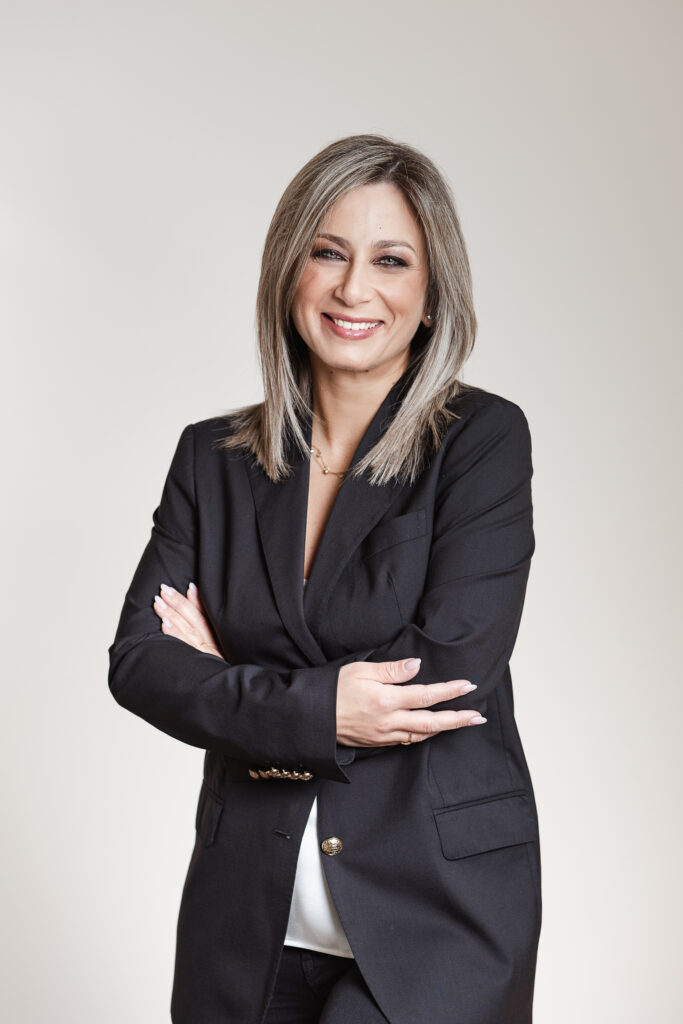
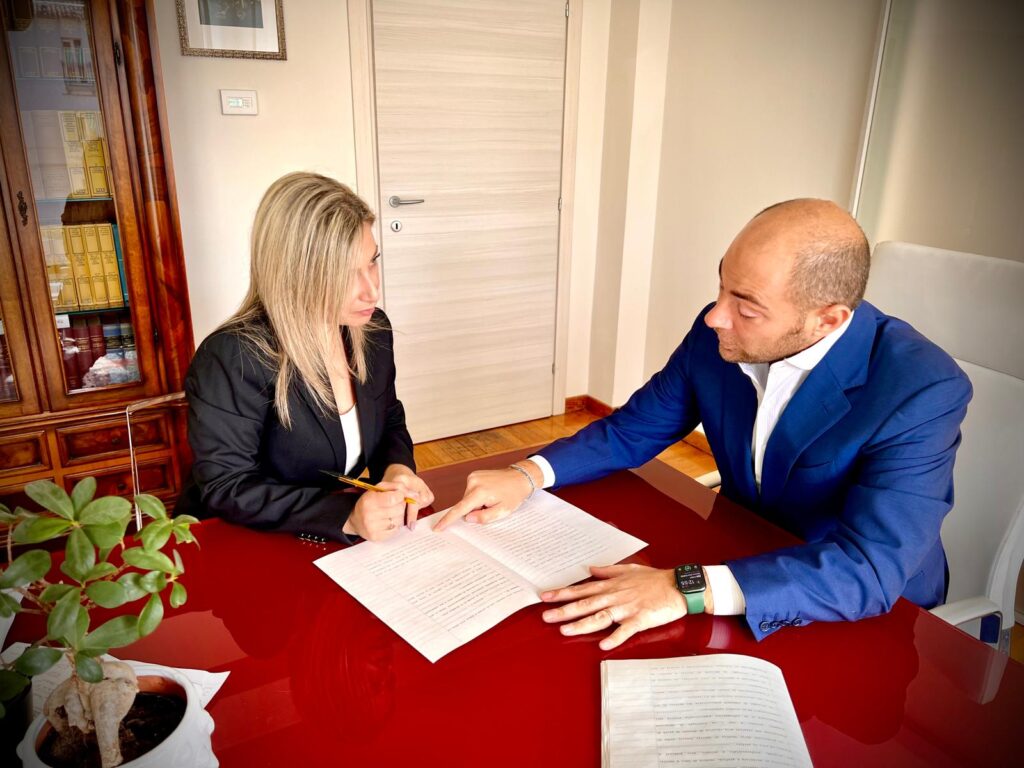
What is your greatest achievement to date?
My greatest achievement has been embarking on a journey full of challenges and constant stimulation. In every professional context I have encountered, I have been faced with challenges that have led to a change of pace. So far, I have achieved my goals and am very happy with my career path, as it has led me to make the most important decision of all: to set up a company and make my plans a reality. Now, let’s see what the future holds.
What do you hope for your career?
I would like to maintain a balance between my personal and professional life. I want to be able to choose what influences my work and not have to do everything. My goal is to create a structure that can be optimised and scalable so that I can have a healthy and balanced life. I don’t want to think that creating something new means sacrificing everything.
What are the three most important lessons you have learned in your career?
The first is to take action, do something and lead by example. Telling what you have achieved is the best way to teach and get a message across. The second is to work a lot on yourself. In any context, even outside the technology sector, people, emotion, preparation and commitment are important. It is important to take care of yourself and ensure that your emotional readiness and approach to challenges and difficulties come from your inner balance. It is vital to work on this aspect.
The third aspect relates to the value I need to transfer within my company to ensure the well-being of the entire supply chain. To achieve our goals, it is essential to consider the success of all players in the system so that other families, companies and contexts can prosper. We must work with this principle in mind, imagining that we are not just working for our team, ourselves or our business unit but that we are part of a supply chain and contributing to the well-being of our social context.
What is your next goal?
To implement Thinkable and increase its visibility in the market. I want the business to have its own structured following and to achieve my main goal of turnover, which is my biggest ambition.
What advice do you have for those who want to get started in the world of technology?
I suggest not necessarily having the goal to innovate because, in the current environment, it is complex to innovate. If you have a good idea, try to develop it. The best way to do that is to observe those who have already gone down that road and to learn from those who have achieved similar goals. We do not think we have to do everything ourselves but humbly ask for help. Careful observation is essential: curiosity has always been rewarded in every context. It is also important to understand how to overcome the barriers to entry I mentioned earlier and to create a flexible and dynamic structure that is always ready to adapt to changes in the market.
What would you say if you could say something to your younger self?
Focus on your personal development for your growth before improving your performance against others. In the past, I have often devoted my efforts to others, and working on myself has been crucial.
What is the invention of the century in your opinion?
We are experiencing the artificial intelligence revolution, but I would like to approach it from a different angle. I am happy to hear that people are worried, as they were in the past with the advent of the Internet. At that time, access to information was a concern, whereas the Internet has improved our lives. There is no doubt that artificial intelligence will also improve our lives and give us new opportunities, but what fascinates me is the frenzy it creates, with changing ways of doing and thinking. We needed a jolt because we were becoming too static, and the post-COVID recovery partly gave us that jolt, but we didn’t have the tools to be as fast as the market, and Artificial Intelligence is giving us those tools. The negativity of this situation depends on how we use it, but that applies to everything, not just artificial intelligence.
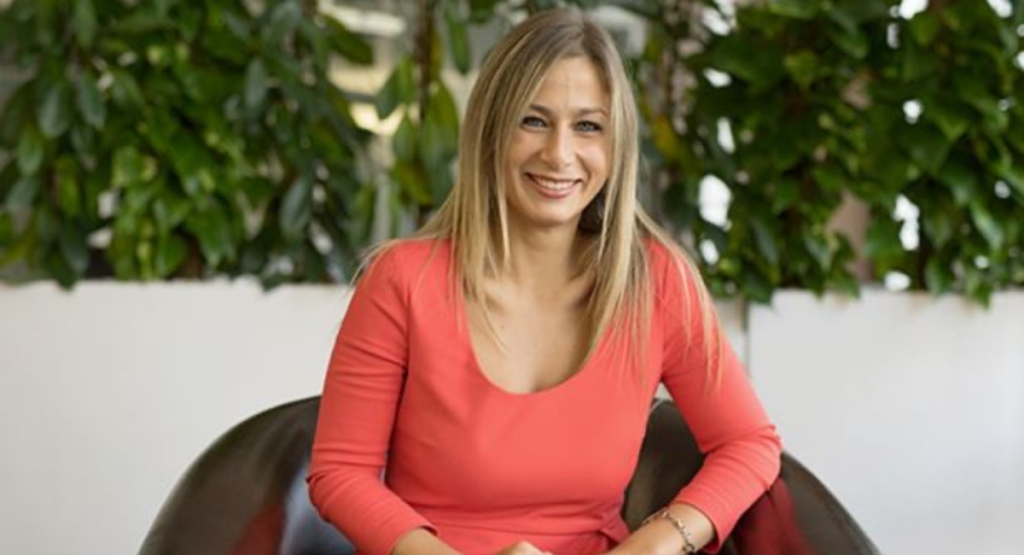
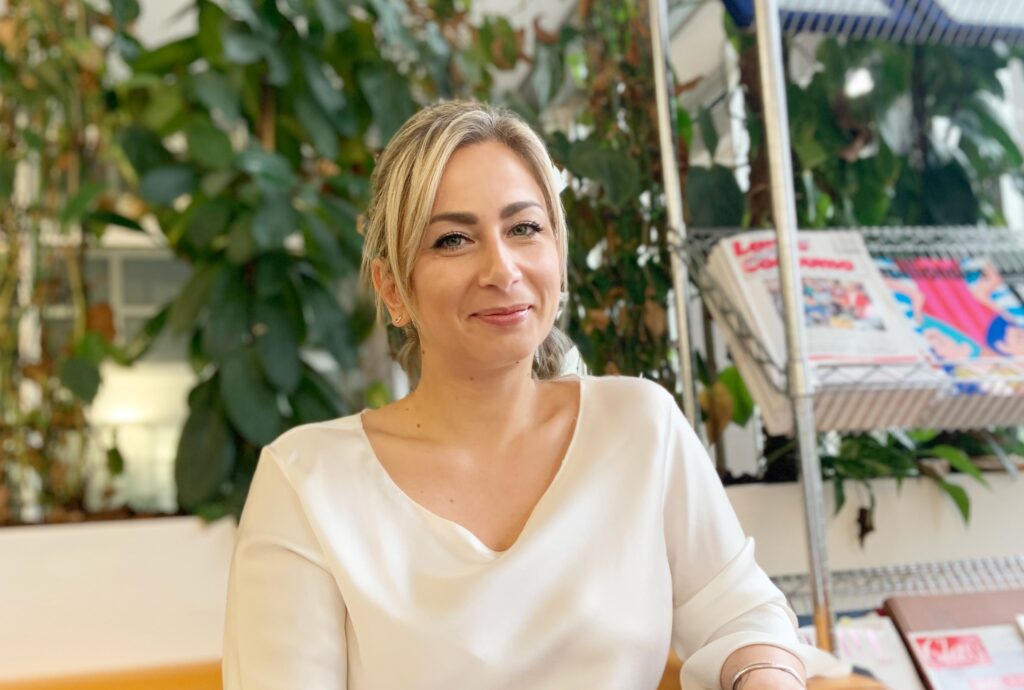
What can’t you do without? (app/product…)
I use tools daily to optimise my time and work effectively with my team. There are apps like Microsoft’s ClickUp, Asana, Slack, and OneNote, which create a synergy of apps that allow you to develop better, organise projects, and manage your time. All of this, of course, together with Google Suite, which has become the beating heart of Thinkable’s work. Another exciting app that I use a lot is Endel, which helps me to concentrate. It is an app created to share sounds and music for different moments, including why I use it: to concentrate at work and moments of creativity. It also accompanies me when I am distracted or unfocused and helps me stay focused and work in the right direction.
Which famous person would you like to have dinner with and why?
I love Robert Downey Jr, but also Leonardo Di Caprio. They are two people who have gone through difficult times and bounced back. Those who fall often have a lot to pass on because the most authentic stories that leave a mark on you and teach you something are those who have gone through dark times and come back. Di Caprio, on the other hand, is a character who has had great success but always stays behind the scenes, doing great things both socially and professionally. Even though they are very much connected to the film industry, they are the first ones to give me something concrete in terms of successes and failures and caring for ordinary life.
Where would you like to travel?
I would love to visit the United States, which I have only visited once. I have travelled to many other places; I have been to Australia a lot, and I have been to Japan, but the USA inspires me the most.
Is there one person who influences or motivates you?
There is no one person, but I am fortunate to be immersed in a context that constantly motivates and stimulates me. This context includes a number of partners with whom I work, but our collaboration goes beyond business. We share experiences, exchange advice and help each other in situations where the interest is simply to share our experiences and help each other. This influences and motivates me a lot, as does receiving messages on LinkedIn from different companies who want to understand who I am, what I do and what I am working on. It is a stimulating context where we pass on and nurture each other.
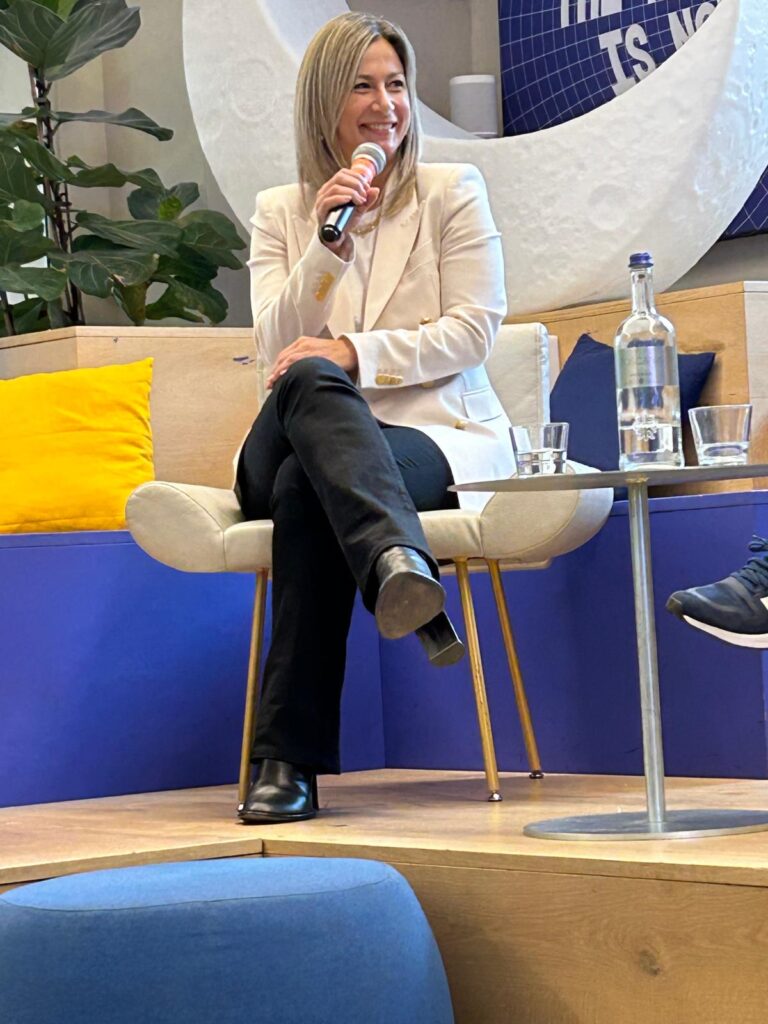
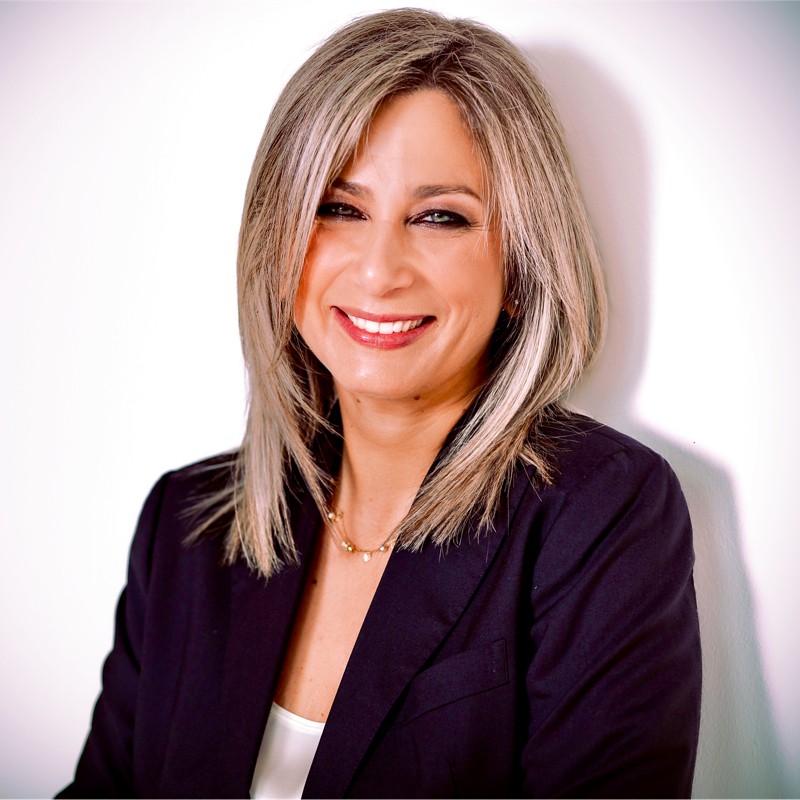
The last thing you said to yourselves was, ‘How come nobody ever thought of that? ‘
Thinkable! Joking aside, the CRM strategy and the measurable marketing plan are two concepts that are much needed in the market. I wasn’t expecting this much, but there is very little business strategy focus on these tools. We’ve also seen a lack of preparation on the part of marketing teams in terms of business and revenue issues. I think Thinkable has identified the right market position and need.
What is the product/service you want that does not yet exist?
The application I mentioned earlier for marketing managers is a web application that can help them create a measurable marketing plan and give them all the necessary tools. This is a project I would like to develop in the coming months.
What did you dream of creating/inventing/doing as a child?
I did not dream of creating anything in particular. An anecdote: as a child, I liked to look in my mother’s wardrobe when she was not at home, to touch the fabrics of her suits and look at her bags. It used to make me dream, imagining myself as an adult wearing a smart business suit and carrying a beautiful handbag on my way to the office. Somehow, I think that was a far cry from wanting to create something of my own that could express my thoughts.
How has covid-19 changed the way people view technological development?
The pandemic forced people to access and familiarise themselves with technology. The pandemic left a very big wake, and the post-Covid has brought the need for very strong technological preparation and adoption. It has forced us to look for a balance to return to normalcy, but at the same time to have access to important technology. We need to find a balance where technology integrates with reality, creating a balance that really follows the consumer’s path. We have been saying this for many years, but now it is time to put it into practice.

